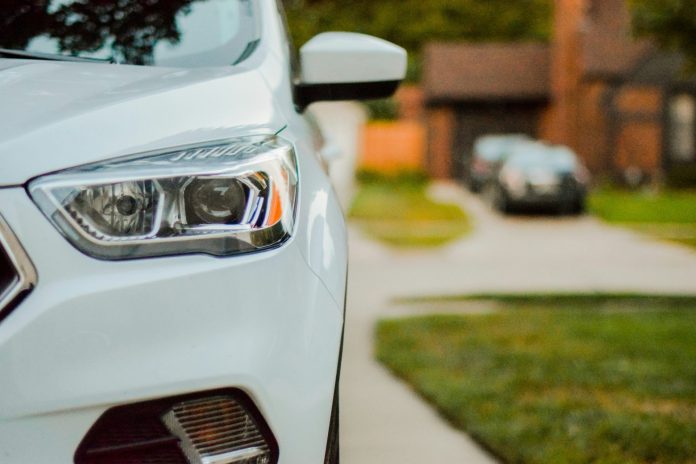GAP insurance is supplemental car insurance; it covers a difference in between what you would be paid versus the money available to get your car or any money that could still be due if you are financing a new vehicle. While not a recommended add-on it is often prudent to carry when you buy brand-new vehicles or finance, and cars lose tremendous value right at the time one buys it so GAP will end up being payable.
What is GAP?
Once the car is officially declared a write-off or stolen, your usual car insurance payout will be in line with its existing market value. This sometimes proves to be far removed from its original buying price because, after a brand-new car has simply experienced its first year, it would have already depreciated to the tune of 15-35%. GAP insurance covers the gap so you can afford to replace it with something as close to that as possible or settle any outstanding finance.
Checking the car valuation can help here, you can run a registration through a
car checker website to reveal the current market value and then you can predict the possible 15-35% decrease in the price. However, with gap insurance will cover the difference.
Types of GAP Insurance
1. Finance GAP Insurance: Should the insurance pay-out only partially suffice to cover the remaining finance, this would be covered.
2. Return-to-Invoice (RTI): The difference between the settlement from the insurance and the invoice is paid.
3. Return-to-Value (RTV): This includes the gap between the payout from insurance and the value of the car at new.
4. Vehicle Replacement: This will cover the cost of a new replacement even though prices might have risen.
5. Negative Equity Cover: It safeguards against owing more than your car’s value due to depreciation.
6. Leasing-Related Gap Insurance This pays off the remaining lease balance including early termination fees.
How Does Gap Insurance Work?
The product is available either as an add-on to car insurance or standalone. For instance, if a person purchases a car for £25,000 and the worth depreciates to £20,000 within a year of purchase, the primary policy will only provide insurance up to £20,000, but the missing amount of £5,000 will be covered.
For a more tailored price for your vehicle, run a
reg check that includes the valuation. Then, you can calculate the depreciation estimate like the above. Always remember that some vehicles may depreciate faster than others, depending on the make, model, and other factors.
Current Market Situation
As of February 2024, an estimated 80% of the GAP insurance providers have ceased selling due to concerns about poor value presented by the Financial Conduct Authority. The FCA argues that only 6% of the paid premiums are returned in claims; hence, their review ensures fairer deals.
Coverage and Exclusions
GAP insurance can cover
• The amount paid for the car.
• The new value of the car if bought used.
• The cost of replacing the vehicle.
• Outstanding finance or lease on the vehicle.
Exclusions typically include:
• Cars not covered by comprehensive insurance.
• Claims resulting from illegal activities.
• Cars over certain age/mileage limits.
• Business, hire, or racing vehicles.
• Non-standard modifications.
Is GAP Insurance Worth It?
Consider GAP insurance if:
• You’ve financed your car and risk owing more than its current value.
• You own an expensive, fast-depreciating vehicle.
• Your car is leased long-term.
It may not be necessary if:
• Your car insurance includes a new car replacement cover.
• You’re content with a like-for-like replacement.
• You own a second-hand car with minimal depreciation.
Costs and Tips for Savings
The related costs when it comes to GAP insurance may vary depending on the car’s model, make, age, the type of policy, and term length. To save:
• Choose the right type of policy.
• Compare quotes online.
• Negotiate with dealers after comparing offers.
Regulatory Notes
Since 2015,
FCA has not allowed dealers to sell GAP insurance at the moment of selling the car, but leave it with the buyer, so he/she has time to shop around. Already, many providers have stopped selling GAP insurance, so it is great to keep on with what happens next, that will lead to better value policies.



 Bitcoin
Bitcoin  Ethereum
Ethereum  Tether
Tether  XRP
XRP  Solana
Solana  USDC
USDC  Cardano
Cardano  TRON
TRON  Lido Staked Ether
Lido Staked Ether  Avalanche
Avalanche  Toncoin
Toncoin